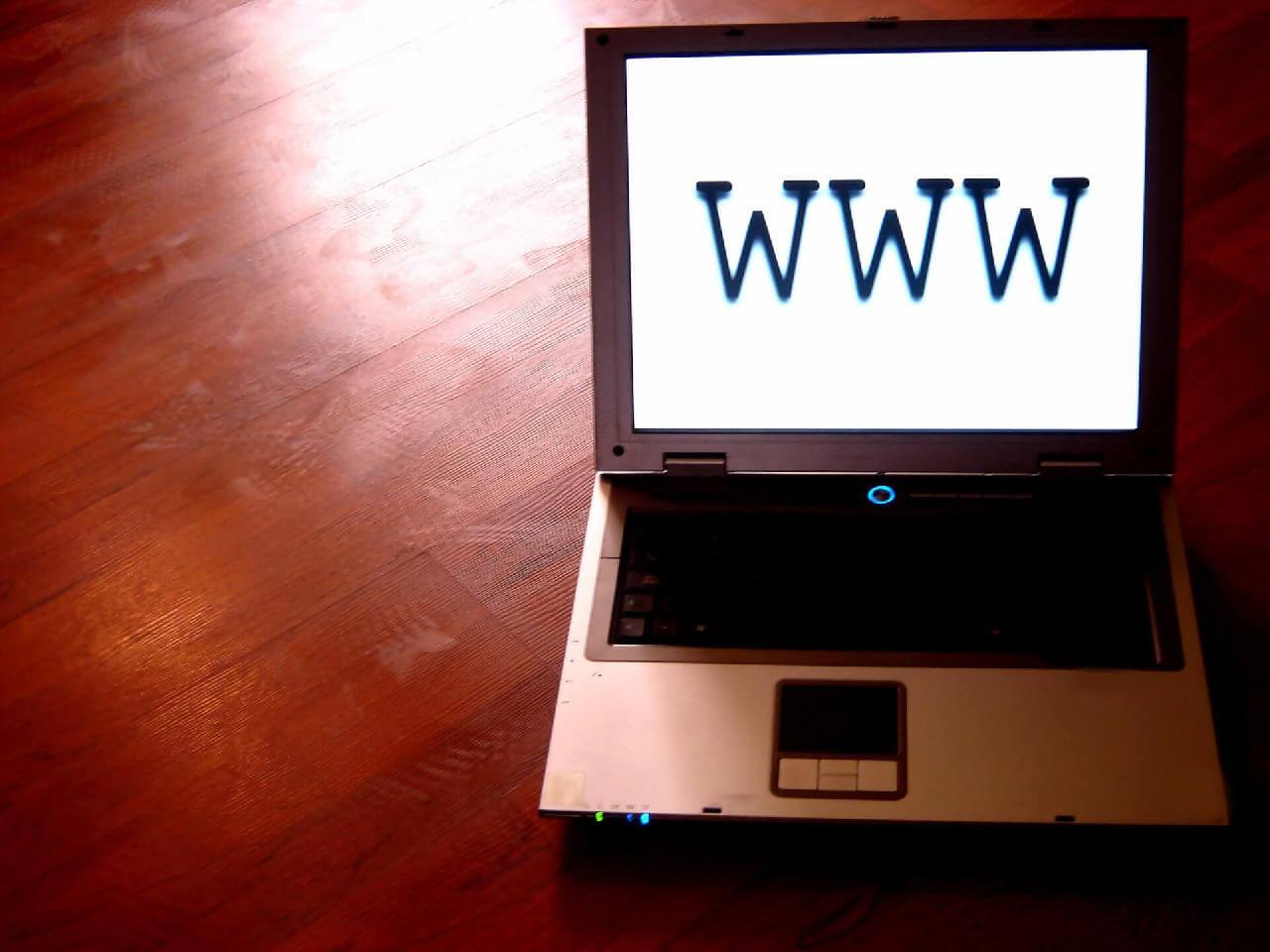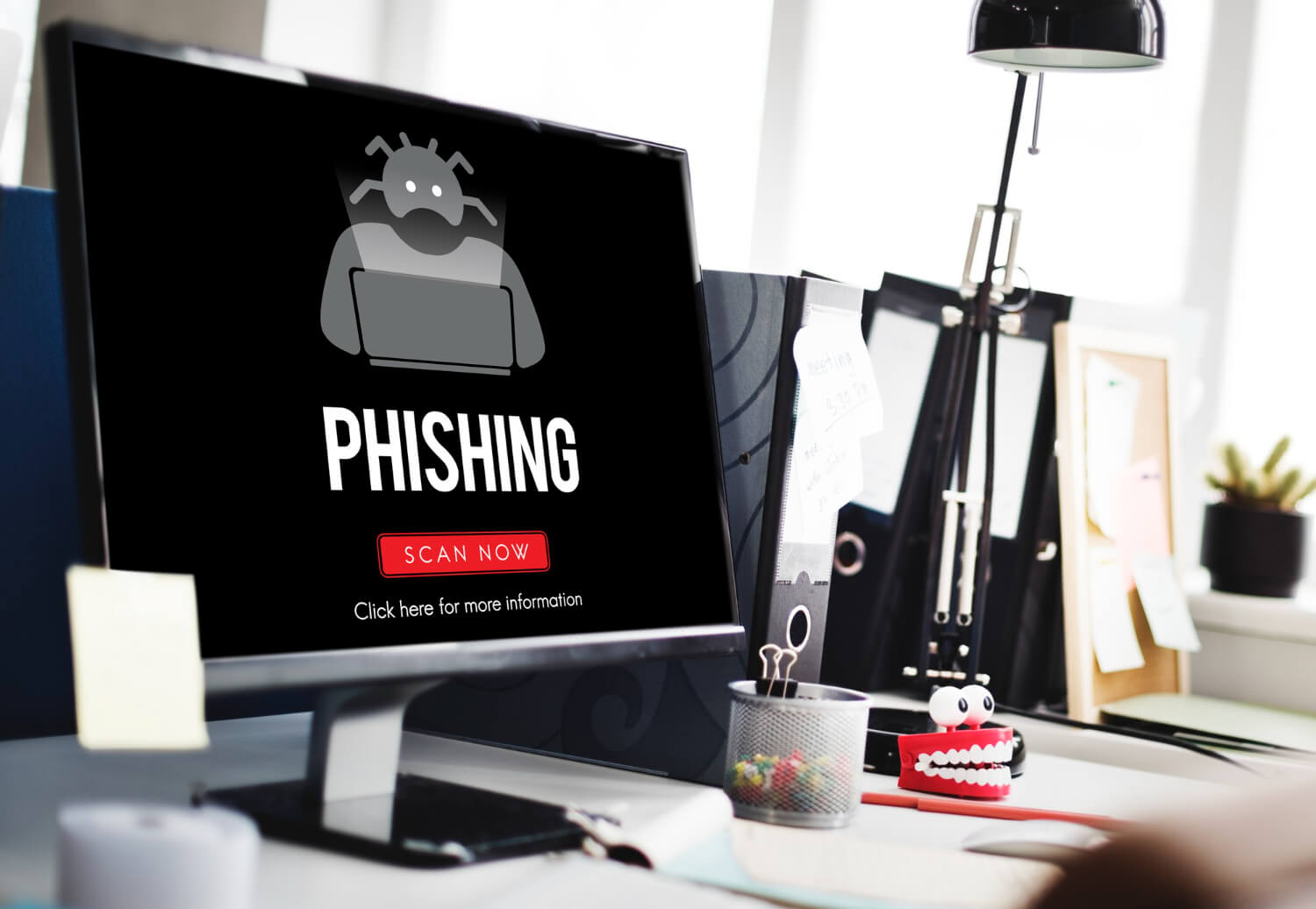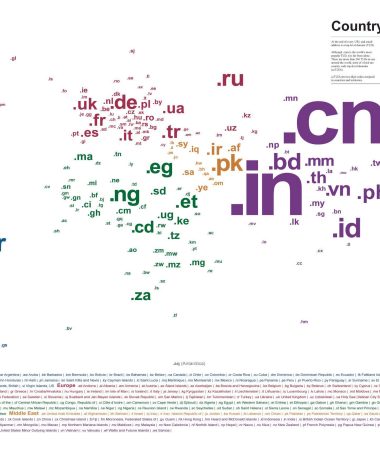In the realm of digital real estate, domains are the equivalent of land plots where you can build your online empire—be it a blog, an e-commerce store, or a corporate website. But what happens when someone abandons this digital land? It becomes what we know as an “expired domain.”
The concept might seem simple, but the nuances are varied and often misunderstood. In this article, we’ll explore what exactly an expired domain is, why domains expire, what happens during the expiration process, and how you can potentially benefit from these domains.
What is an Expired Domain?
An expired domain is essentially a domain name that was previously owned but has not been renewed by the owner before the expiry date. Domain names are not purchased but leased for a specific period, usually ranging from one year to several years.
Once the agreed leasing period is over, the domain owner has the option to renew it. Failure to do so will result in the domain being labeled as “expired,” making it available for re-registration.
Why Do Domains Expire?
Domains can expire for various reasons. Here are some common factors:
Negligence: Sometimes, owners forget to renew their domains.
Lack of Interest: In cases where a project was abandoned or a business was shut down, the owners may not renew the domain.
Cost Factor: Domains can be expensive to renew, especially premium ones. Some owners let them expire to save money.
Change in Strategy: Companies pivot and rebrand, rendering some domains irrelevant.
Missed Notifications: Domain providers usually send renewal notifications. However, these can sometimes be missed or end up in spam folders.
The Domain Expiration Process
When a domain expires, it doesn’t immediately become available for others to purchase. There is usually a grace period that varies between registrars but can last up to 45 days. During this time, the original owner can still renew the domain, typically at no additional cost.
If the domain isn’t renewed during the grace period, it enters a “Redemption Grace Period,” lasting about 30 days. Renewing the domain during this period is still possible but usually at a higher cost.
After these periods elapse, the domain enters an “auction” stage, where people can bid for it. If no one bids, it returns to the pool of available domains, ready to be registered by anyone.
How Can You Benefit from Expired Domains?
- SEO Value
Many expired domains have a history and backlinks that can be beneficial for SEO purposes. By purchasing these domains and redirecting them to your site, you can take advantage of this built-in SEO value.
- Branding Opportunities
Some expired domains have unique and catchy names that could be perfect for your new venture.
- Intellectual Property
If an expired domain is closely related to your trademark or brand name, owning it can prevent others from misusing it.
- Quick Traffic
Domains with a history may still get traffic, which you can capitalize on.
- Investment
Some people purchase expired domains to sell later at a higher price.
Precautions
Check the History: Always investigate why the domain expired. Ensure it was not involved in any malicious activities or blacklisted by search engines.
Hidden Costs: Renewing an expired domain during the Redemption Grace Period can be expensive.
Legal Risks: Make sure the domain doesn’t infringe on any trademarks.
Technical Cleanup: Expired domains might have old DNS records or email configurations that you’ll need to clean up.
An expired domain is more than just a web address that someone forgot to renew; it’s an asset laden with potential but also risks. Understanding what expired domains are, how they come into being, and what you can do with them can open doors to opportunities but must be approached with caution and thorough research.
Whether you’re looking to leverage SEO benefits or safeguard your brand, expired domains offer a fascinating playground in the digital landscape.
- Speculation and Flipping
In the digital landscape, domain flipping has become a lucrative business. Savvy entrepreneurs often grab expired domains that have high commercial potential to resell them at a profit. If you have an eye for identifying such gems, this could be a profitable venture for you.
- Competitive Advantage
Owning a strong domain that is closely associated with your industry can give you an edge over competitors. An expired domain may already have a reputation and brand equity that you can capitalize on immediately, without starting from scratch.
How to Acquire an Expired Domain?
Research Tools: Utilize specialized search engines and databases that focus on listing expired domains, such as ExpiredDomains.net or DomCop.
Auction Platforms: Websites like GoDaddy Auctions or NameJet allow you to bid on expired domains.
Direct Negotiation: If a domain is in the Redemption Grace Period, you might be able to negotiate directly with the current owner.
Registrar: Finally, once a domain has fully expired and passed through all the waiting periods, it returns to the general pool and can be registered through any domain registrar.
Associated Costs
Be aware that acquiring an expired domain could be more expensive than registering a new one. Auctions can drive up prices significantly. Plus, some platforms charge a finder’s fee or transaction fee on top of the purchase price.
Validating the Worth of an Expired Domain
Before acquiring an expired domain, it’s crucial to assess its value:
Check Backlinks: Quality and quantity of backlinks can indicate how valuable the domain could be for SEO.
Domain Authority: Use tools like Moz’s Domain Authority checker to evaluate the site’s potential.
Traffic Analysis: Use analytics tools to estimate the volume and quality of existing traffic.
Keyword Relevance: Ensure that the domain name or its history is relevant to your project or business.
Historical Data: Platforms like the Wayback Machine can provide snapshots of the domain’s past, helping you assess its history.
Legal Status: Conduct a trademark search to ensure you won’t run into legal issues.
Expired domains are a multi-faceted opportunity in the online world. They offer more than just a second chance at grabbing a catchy name; they present SEO advantages, branding opportunities, quick traffic gains, and even investment potential.
However, they come with their share of risks and require careful scrutiny. Always conduct thorough research and possibly consult professionals before diving into the world of expired domains. By taking a strategic approach, you can unlock tremendous value and possibilities that these overlooked digital assets offer.
Top 20 Sources for Buying Expired Domains
So, you’re convinced of the potential that expired domains offer and are keen on acquiring one? The next logical step is to figure out where to buy these valuable assets. Here’s a list of the top 20 sources where you can buy an expired domain, each with its own set of features, advantages, and limitations.
- GoDaddy Auctions
Features: Offers a wide range of expired domains, intuitive search filters, and a reliable reputation.
Pros: User-friendly interface, huge inventory.
Cons: Competitive, often resulting in higher prices.
- NameJet
Features: Provides advanced filtering options and a large variety of domains.
Pros: Good for professionals, transparent auction process.
Cons: Can be expensive.
- Sedo
Features: Offers both expired and new domains, also provides brokerage services.
Pros: International reach, multiple languages.
Cons: Some premium domains can be very pricey.
- SnapNames
Features: Specializes in snapping up domains the second they expire.
Pros: Immediate access to expired domains.
Cons: Competitive pricing.
- DropCatch
Features: Specializes in domain backordering.
Pros: Efficient and quick.
Cons: High competition.
- DynaDot
Features: Offers domain auctions including expired domains.
Pros: Easy to use, affordable options.
Cons: Smaller inventory.
- Flippa
Features: A marketplace for digital assets, including domains.
Pros: Wide range of digital assets.
Cons: Varying quality, due diligence required.
- NameCheap Auctions
Features: Offers expired domains among others.
Pros: Trustworthy, good customer service.
Cons: Smaller selection of expired domains.
- DomainState
Features: Tools and a forum for domain investors, including auctions.
Pros: Community feedback.
Cons: More suited for experienced investors.
- Bido
Features: Auction-based domain sales.
Pros: Unique inventory.
Cons: Smaller user base.
- Pool
Features: Backordering and auctions.
Pros: Efficient and simple to use.
Cons: Limited features.
- FreshDrop
Features: Domain search engine focusing on expired domains.
Pros: Detailed analytics.
Cons: Subscription-based.
- ExpiredDomains.net
Features: Comprehensive search engine for expired domains.
Pros: Free to use, extensive filters.
Cons: No auction, redirects to other services.
- 4.CN
Features: Chinese marketplace with international options.
Pros: Unique inventory.
Cons: Language barrier.
- Cax
Features: A domain marketplace with a focus on premium domains.
Pros: High-quality inventory.
Cons: Premium prices.
- Domainlore
Features: UK-specific domain marketplace.
Pros: Specialized inventory.
Cons: Geographical limitations.
- IWantMyName
Features: Simplified domain registrar with auctions.
Pros: User-friendly.
Cons: Limited expired domain options.
- DomainHole
Features: Tools to find expired domains, jumps, and more.
Pros: Free basic service.
Cons: Less straightforward for purchasing.
- DomainMarket
Features: Offers a curated list of premium domains.
Pros: Quality inventory.
Cons: High prices.
- Park.io
Features: Specializes in ccTLDs and provides backordering services.
Pros: Unique selection of country-specific domains.
Cons: Niche market, potentially higher prices.
Choosing the right platform to buy an expired domain depends on various factors such as your budget, the specific type of domain you’re looking for, and how comfortable you are with the auction process. Each platform has its unique set of pros and cons, so it’s advisable to explore multiple options and perform thorough due diligence before making a decision. Happy domain hunting!
The 25 Most Expensive Internet Domains Ever Bought
It’s worth noting that the domain aftermarket is a dynamic and often secretive space, and the actual transaction details are not always publicly disclosed. Nevertheless, some high-profile purchases have made headlines, setting the bar for what an expired or pre-owned domain can fetch. Here are the 25 most expensive internet domains ever bought, based on available data:
- Insurance.com – $35.6 million (2010)
The king of domain sales, Insurance.com included not only the domain but also the content and affiliations.
- VacationRentals.com – $35 million (2007)
Bought by HomeAway, this domain serves the purpose of preventing competitors from acquiring it.
- PrivateJet.com – $30.18 million (2012)
An astonishing purchase geared towards capturing the high-end market for private jet services.
- Internet.com – $18 million (2009)
Acquired by QuinStreet, the same company that purchased Insurance.com.
- 360.com – $17 million (2015)
Bought by Qihoo, a Chinese company, this domain serves their branded search engine.
- Insure.com – $16 million (2009)
Another insurance-related domain that fetched a high price due to its direct match with a highly competitive industry.
- Fund.com – $14.9 million (2008)
An incredibly valuable domain for the financial sector.
- Hotels.com – $11 million (2001)
One of the older sales on this list but still holds its own among high-ticket domains.
- Sex.com – $13 million (2010)
Given its controversial nature, the domain drew a lot of attention and a significant price tag.
- Porno.com – $8.9 million (2015)
Another adult-themed domain that fetched a high price.
- Fb.com – $8.5 million (2010)
Purchased by Facebook for internal use and to protect its brand.
- We.com – $8 million (2015)
A Chinese company acquired this domain, ideal for various uses due to its generality.
- Business.com – $7.5 million (1999)
Sold during the dot-com bubble, this domain was a high-profile purchase back in the day.
- Diamond.com – $7.5 million (2006)
Acquired by an online jewelry store, this domain was perfect for the brand.
- Beer.com – $7 million (2004)
A domain that perfectly captures a whole beverage category.
- iCloud.com – $6 million (2011)
Apple secured this domain to launch its cloud storage service.
- Israel.com – $5.88 million (2008)
A geographically significant domain name, purchased as an investment.
- Casino.com – $5.5 million (2003)
A domain name directly relating to the gaming industry, a perfect match.
- Slots.com – $5.5 million (2010)
Another high-stake domain in the online gaming industry.
- Toys.com – $5.1 million (2009)
Purchased by Toys “R” Us, to direct web traffic to their main site.
- AsSeenOnTV.com – $5.1 million (2000)
A highly brandable domain perfect for a multi-product site.
- Clothes.com – $4.9 million (2008)
Bought by Zappos, this domain now redirects to their main website.
- Medicare.com – $4.8 million (2014)
A health-related domain capturing a vast audience.
- GiftCard.com – $4 million (2012)
Perfect for the retail sector, especially around the holiday season.
- FreePorn.com – $4 million (2008)
Another adult-themed domain, showing the profitability of this sector.
These high-value domain sales demonstrate the potential worth of owning a high-quality, relevant domain. Whether it’s a word that perfectly captures an industry, a short and memorable name, or a domain with incredible SEO potential, the sky’s the limit when it comes to how much companies are willing to invest in the right domain.
While most expired domains will not fetch such astronomical prices, these examples illustrate the lucrative possibilities in the domain aftermarket.










